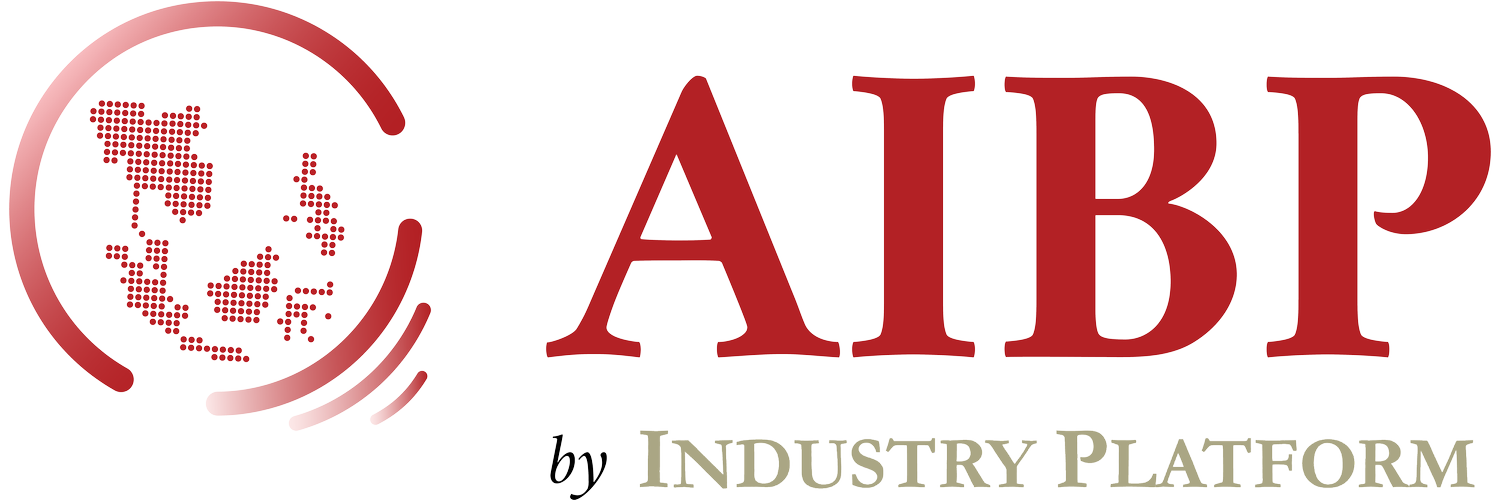Responsible AI, Cyber Resilience, and Workforce Upskilling for the Philippines’ Digital Future - Day 2 of the 52nd AIBP Conference & Exhibition
Day 2 of the AIBP Conference & Exhibition Philippines 2025 convened enterprise leaders, regulators, and policymakers to examine how responsible technology adoption can shape national competitiveness. Opening the discussions, Elmo Jose, Data and AI Governance and Project Delivery Lead, Education Center for AI Research (eCare), highlighted the dual nature of AI’s rapid progress and the urgent need for accountability. He pointed to global governance principles, such as those of the OECD, while emphasising the Philippines’ legislative efforts to build frameworks that are inclusive, transparent, and culturally relevant.
From Governance to Trust: Building Responsible AI Frameworks
The first session explored how enterprises can integrate accountability into AI adoption. Mel Valerio, Head of Data Governance, Maya Philippines, and Karen Salgado, Chief Information Officer, Universal Robina Corporation, shared how their organisations institutionalise privacy by design, role-based access controls, and ongoing data education. Dr. Adrienne Heinrich, Head, AI and Innovation Center of Excellence, UnionBank of the Philippines, described the importance of transparent communication with customers, including publishing AI and data policies and providing users with greater control over their information. Monchito B. Ibrahim, Executive Member, National Innovation Council, underscored the role of agile, risk-based regulation and the importance of creating governance playbooks tailored to the local context. Collectively, the discussion reinforced that responsible AI is not just about compliance, but about embedding trust and accountability into organisational culture.
The Cyber Resilience Imperative: Protecting a Growing Digital Economy
The second session shifted focus to the urgent need for stronger defences as cyber threats evolve alongside the country’s digital growth. PCol. Jay Guillermo, Chief, Cyber Response Unit, Anti-Cybercrime Group, Philippine National Police, outlined the challenges of investigating ransomware, from identifying responsible actors to managing complex investigations. From the healthcare sector, Jojo Nufable, Vice President and Group Chief Information and Cyber Security Officer, St. Luke’s Medical Center, stressed the importance of hardening the human element, describing how awareness programmes, executive training, and resilience exercises are key to reducing risk. The session highlighted that cyber resilience is not purely technological, but depends on collaboration across industries and a culture of preparedness at every level.
Building the Future Workforce: Upskilling for AI-Driven Transformation
The closing session addressed the critical role of people in sustaining digital transformation. Fe Avila, OIC – Deputy Executive Director, Philippine Trade Training Center – Global MSME Academy, Department of Trade and Industry (DTI PTTC-GMEA), outlined government-led initiatives such as modular training programmes and the Philippine Skills Framework, designed to equip MSMEs with future-ready capabilities. She noted that while AI adoption across sectors remains at 14.9 per cent, projections suggest AI could contribute USD 92 billion to GDP by 2030 if upskilling and adoption accelerate. On the enterprise side, Annie Caw, Chief Human Resources Officer, CIMB Bank Philippines, spoke about HR’s evolving role in making adoption “simpler, better and faster” for employees, while Lawrence Co, Head of Learning and Development, SM Supermalls, discussed managing tool overload to ensure productivity gains and improve engagement. Together, the panel highlighted that a workforce-first approach is essential to maximising the value of AI transformation.
Beyond Adoption: Defining the Philippines’ Digital Leadership
The conversations on Day 2 of AIBP C&E Philippines 2025 underscored that digital transformation is not defined by technology alone, but also by the governance, security, and skills that surround it. A consensus emerged that AI adoption in the Philippines is no longer about whether it will happen, but about how it can be scaled responsibly. The discussions built on the foundations set during Day 1, where government platforms and enterprise strategies were highlighted as drivers of national competitiveness.
The dialogue now shifts to the AIBP Working Groups in November, where enterprises will move from discussion to practical action. These sessions will focus on improving deployment for AI, stronger cyber resilience, and workforce strategies aligned with national priorities.
You can find more details about our upcoming activities in the Philippines and across the region at www.aibp.sg/upcoming.
